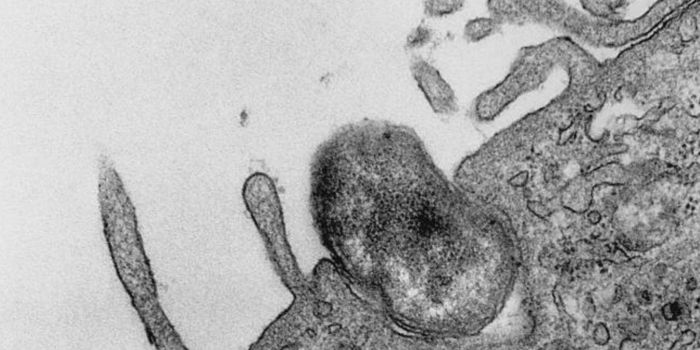Your body and the night shift
New research released from Washington State University Health Sciences Spokane and published online in the Journal of Pineal Research adds more support to the growing evidence that night shift workers are at increased risk of developing specific kinds of cancer. The research suggests that the disruptions to circadian rhythms that night shift workers experience are linked to misaligned 24-hour activity cycles of cancer-related genes.
"Night shift workers face considerable health disparities, ranging from increased risks of metabolic and cardiovascular disease to mental health disorders and cancer," says co-senior author Hans Van Dongen, who is the director of the WSU Sleep and Performance Research Center. "It is high time that we find diagnosis and treatment solutions for this underserved group of essential workers so that the medical community can address their unique health challenges."
"There has been mounting evidence that cancer is more prevalent in night shift workers, which led the World Health Organization's International Agency for Research on Cancer to classify night shift work as a probable carcinogenic," adds co-corresponding author Shobhan Gaddameedhi. "However, it has been unclear why night shift work elevates cancer risk, which our study sought to address."
In conducting their study, the team engaged healthy volunteers in a simulated experiment at the WSU Sleep and Performance Research Center. One group of volunteers were put on the simulated night shift, while the other was given the day shift. The goal was to measure the rhythms of so-called clock genes and observe if cancer-associated genes are also rhythmic. Volunteers completed their shift schedules and then were kept within the sleep laboratory to finish the experiment under a constant routine protocol.
The team analyzed blood samples from the volunteers and found that cancer-related genes demonstrated different rhythms from volunteers who participated in the night shift versus the day shift. They point out specifically that they saw that genes related to DNA repair had different rhythms in the day shift condition, whereas under the night shift, they appeared to lose their rhythmicity.
"Taken together, these findings suggest that night shift schedules throw off the timing of expression of cancer-related genes in a way that reduces the effectiveness of the body's DNA repair processes when they are most needed," said co-corresponding author Jason McDermott.
The researchers say they intend to conduct their experiment again, but this time with real-world shift workers who have been pulling night shifts for years. They hope to measure if there is a cumulative effect of unrepaired DNA damage builds in these workers, which would account for the increased risk of cancer. From this information, it may be possible to develop prevention strategies and drugs that could realign the mistiming of DNA repair processes, as well as improve cancer treatments by way of chronotherapy.
Sources: Journal of Pineal Research, Eureka Alert








